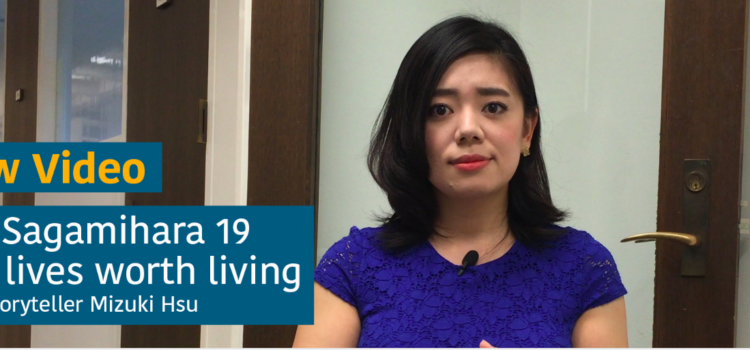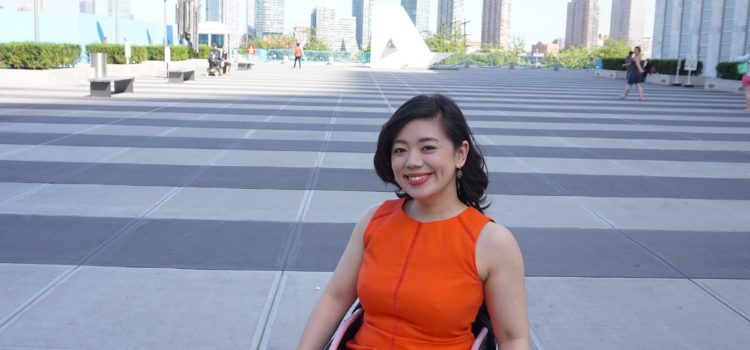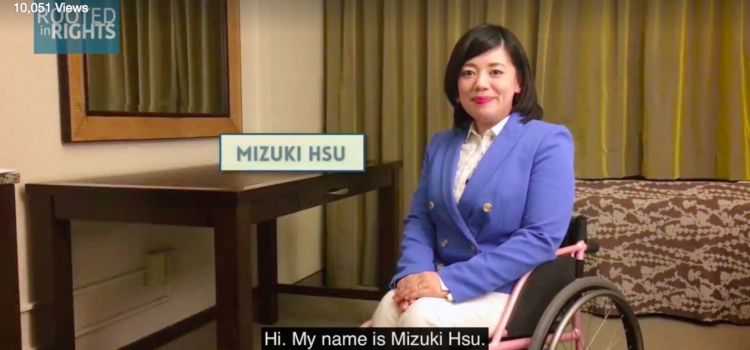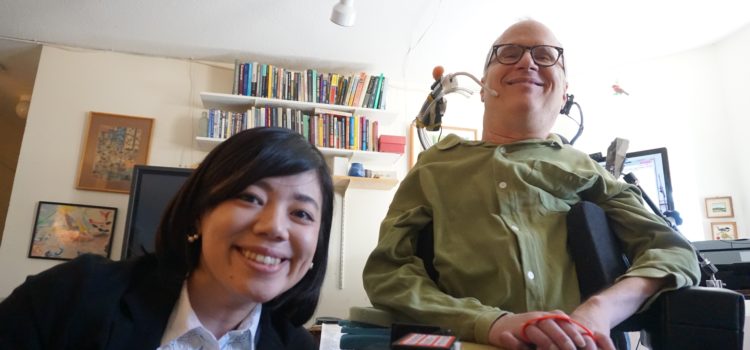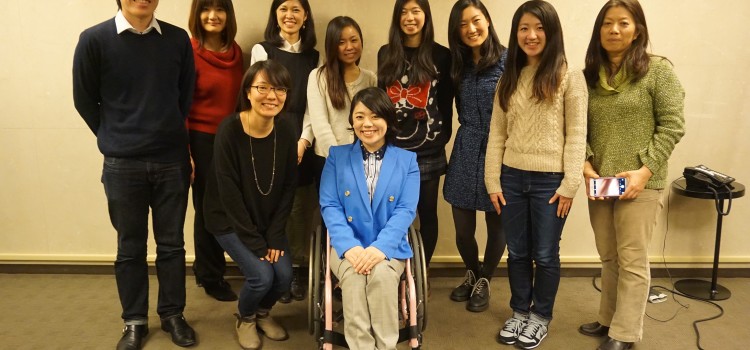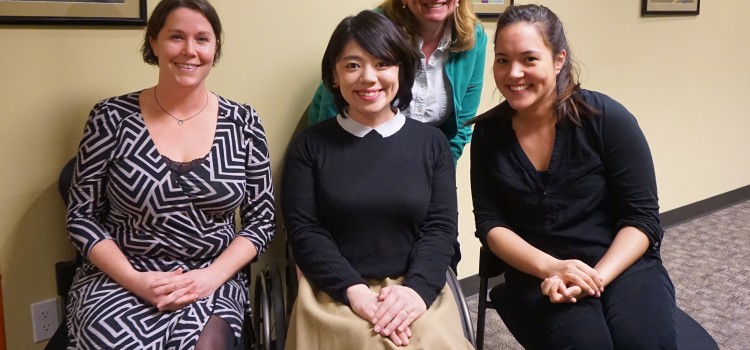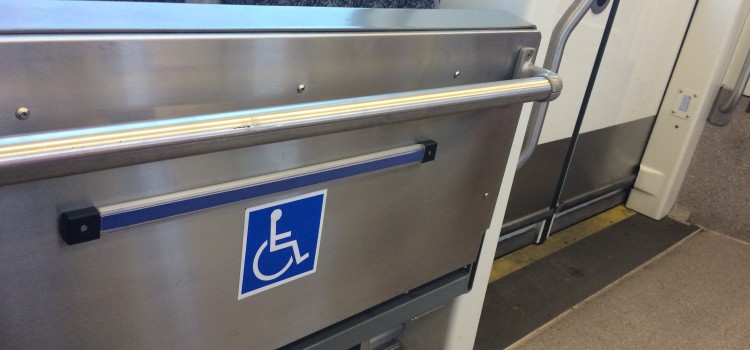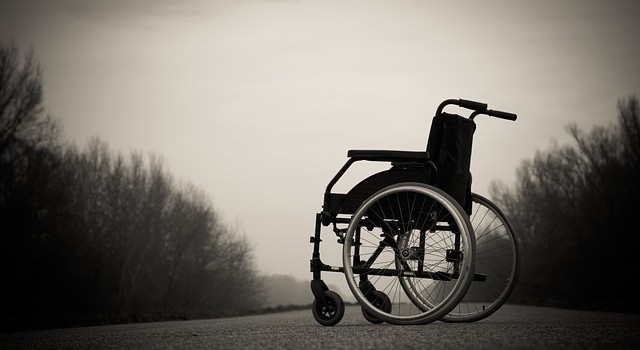It has been 1 month since Sagamihara stabbings. This news shook not only Japan but also the world. After thinking “What I can do as a Japanese with disability?” , I decided to collaborate with Rooted in Rights (*) to create a clip about disability rights of continue living. Living is a basic human right. Everyone gets the right to continue living. People with disability do as well. Please check the clip out from here. You are welcome to share the clip to spread the word and defend human rights.
Talk about Disability Rights of Continue Living with Rooted in Rights
